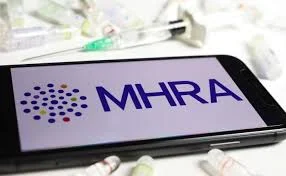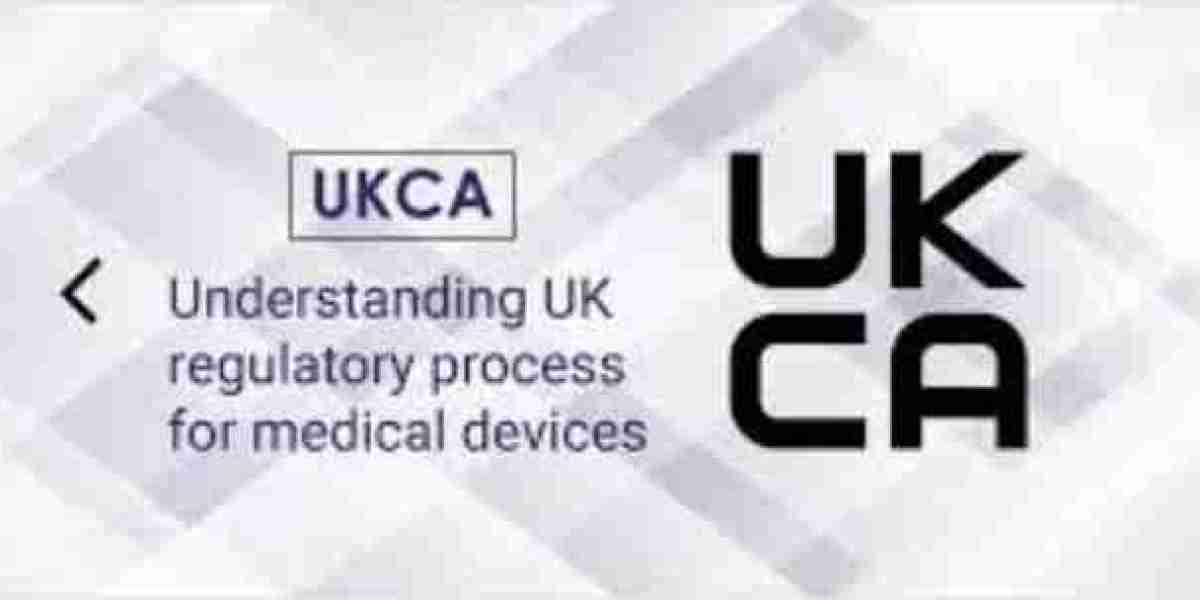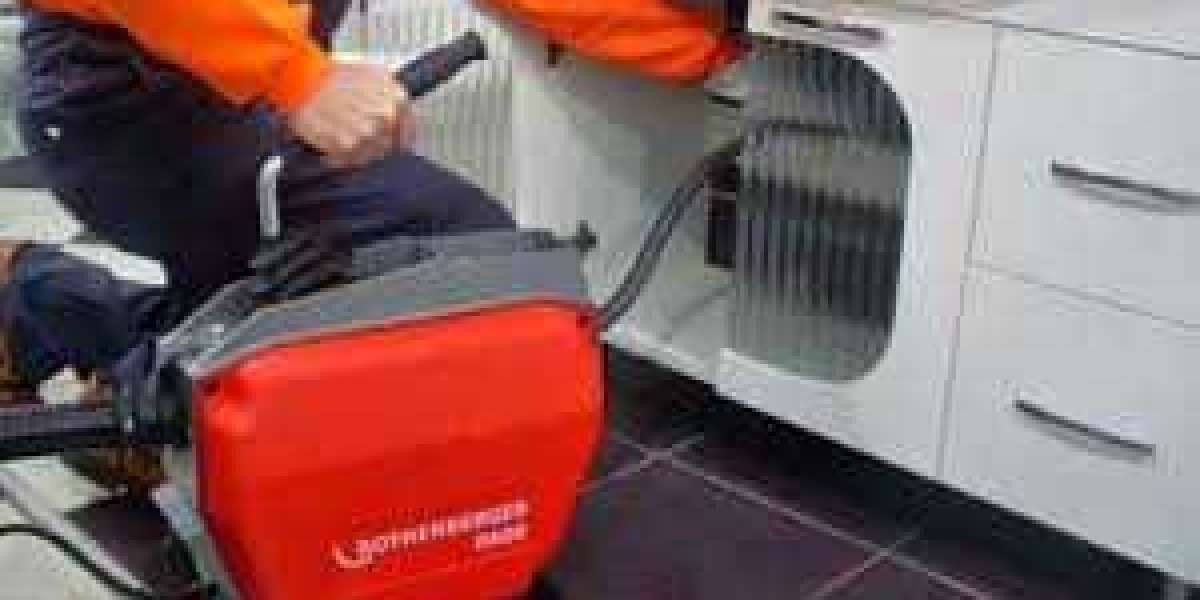In the United Kingdom, the Medicines and Healthcare products Regulatory Agency (MHRA) plays a crucial role in ensuring the safety, quality, and effectiveness of medical devices. If you are a manufacturer or distributor of medical devices, understanding the MHRA registration process is essential for compliance and market access. In this article, we will provide an informative overview of the UK MHRA registration process for medical devices, shedding light on the necessary steps and requirements.
Understanding the MHRA and Its Role in Medical Device Regulation
The MHRA is the regulatory body responsible for overseeing the safety and performance of medical devices in the UK. Its primary objective is to protect public health by ensuring that medical devices meet the necessary standards and regulations. The MHRA's role includes assessing the safety and performance of medical devices, issuing guidance and regulations, and monitoring the market for any potential risks or issues.

Determining the Classification of Your Medical Device
Before initiating the registration process, it is crucial to determine the classification of your medical device. The MHRA classifies medical devices into four categories: Class I, Class IIa, Class IIb, and Class III. The classification is based on the potential risks associated with the device and determines the level of scrutiny required during the registration process.
Preparing the Technical Documentation
To register your medical device with the MHRA, you must prepare comprehensive technical documentation that demonstrates the safety, performance, and quality of your device. This documentation should include information such as device description, intended use, design and manufacturing details, risk assessment, clinical evaluation, and labeling information. It is essential to ensure that your documentation complies with the relevant European standards and regulations, such as the Medical Device Regulation (MDR) or the In-vitro Diagnostic Medical Devices Regulation (IVDR).
Appointing a UK Responsible Person
As a non-UK manufacturer, you are required to appoint a UK Responsible Person (UKRP) who will act as your representative in the UK. The UKRP will be responsible for ensuring compliance with the UK regulations, maintaining the technical documentation, and acting as a point of contact for the MHRA. It is crucial to select a reputable and experienced UKRP, such as Kingsmead, to ensure smooth communication and adherence to the regulatory requirements.

Submitting the Registration Application
Once you have prepared the necessary technical documentation and appointed a UKRP, you can proceed with submitting your registration application to the MHRA. The application should include all relevant information about your medical device, including its intended use, classification, and supporting documentation. The MHRA will review your application and assess the safety, performance, and quality of your device based on the provided documentation.
Post-Market Surveillance and Vigilance
After your medical device is successfully registered with the MHRA, you have an ongoing responsibility to monitor its performance and report any adverse events or safety concerns. This includes implementing a post-market surveillance system to collect and analyze data on the device's performance, conducting periodic safety updates, and promptly notifying the MHRA of any significant changes or incidents.
Benefits of MHRA Registration
1.Market Access: MHRA registration allows manufacturers to legally market their medical devices in the UK. It demonstrates compliance with regulatory standards, providing confidence to healthcare professionals and patients.
2.Patient Safety: The MHRA registration process ensures that medical devices meet the necessary safety and performance requirements. This helps protect patients from potential risks associated with poorly designed or non-compliant devices.
3.Enhanced Reputation: MHRA registration signifies a commitment to quality and compliance, enhancing the reputation and credibility of manufacturers in the industry.

Conclusion
The UK MHRA registration process for medical devices is a crucial step in ensuring the safety and effectiveness of these products. By understanding the necessary steps and requirements, manufacturers and distributors can navigate the process smoothly and gain access to the UK market. Working with a reputable UKRP, such as Kingsmead, can provide valuable guidance and support throughout the registration process. Compliance with the MHRA regulations not only ensures market access but also demonstrates a commitment to patient safety and quality assurance.








